

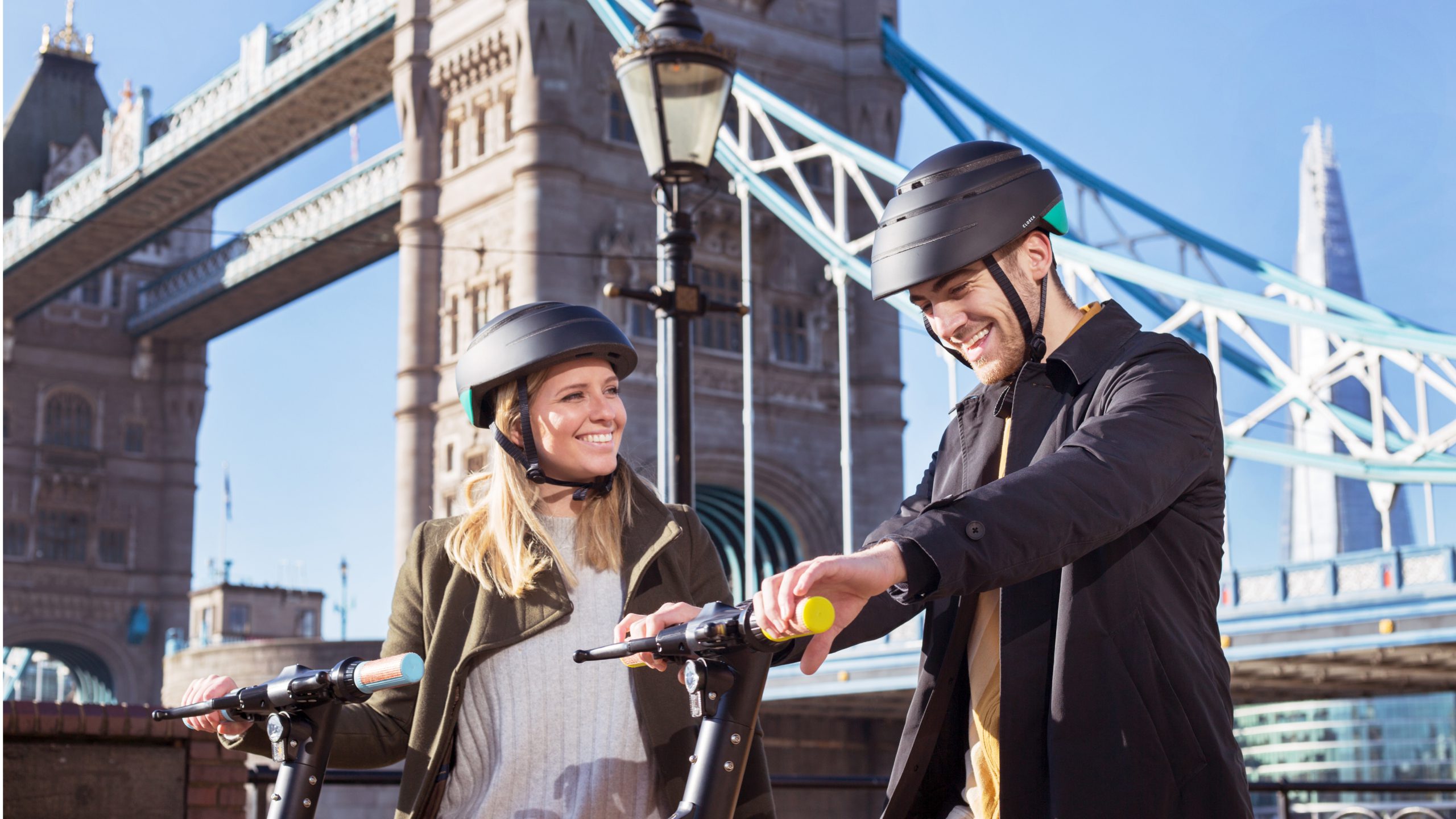
3 years ago
We’re aiming to find out how we can play a part in this journey by sponsoring Centre for London’s upcoming research. Their goal is to set a gold standard for micromobility, investigating how and why e-scooters and e-bikes can lead the way to carbon neutrality.
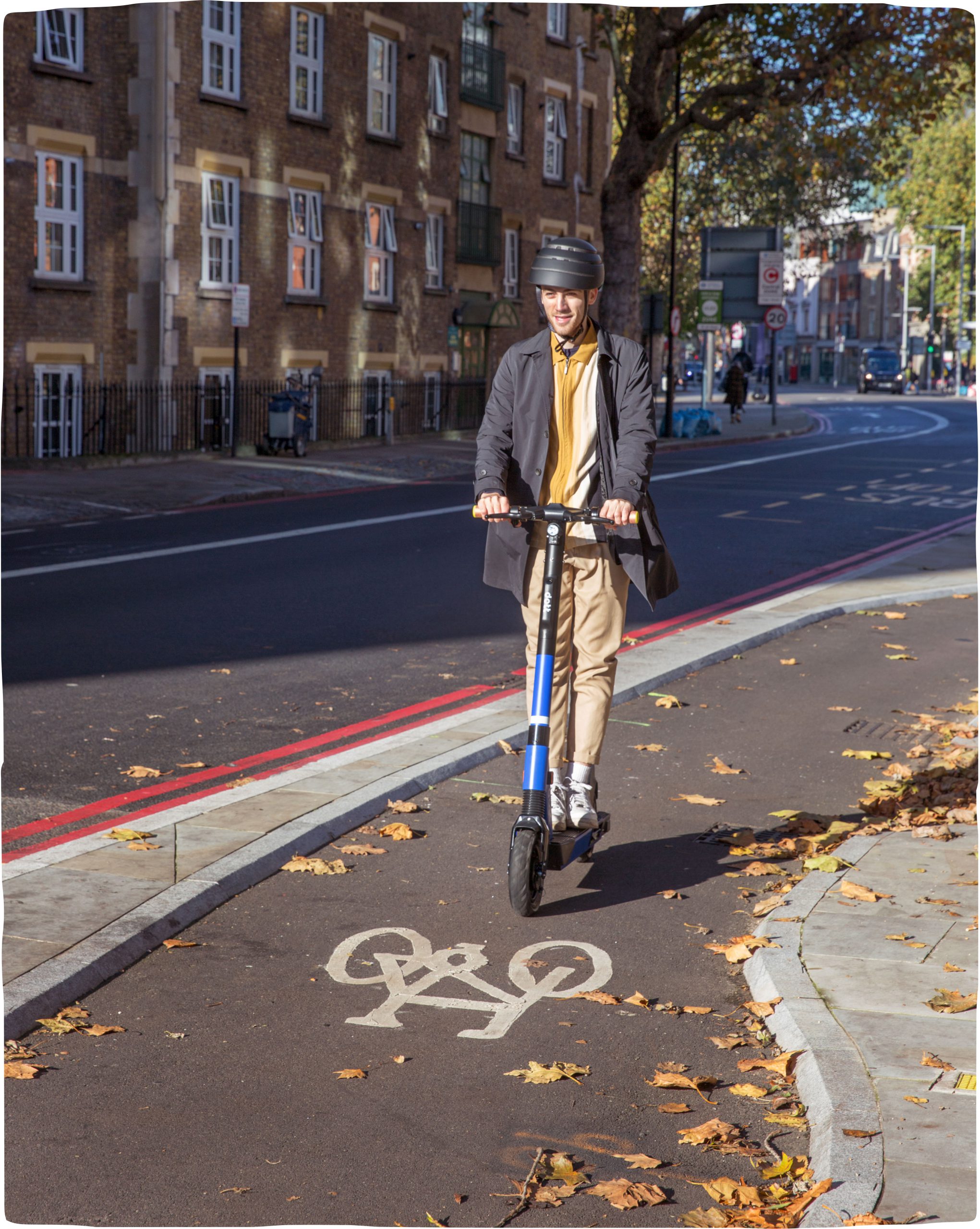
We all deserve to breathe purer air. That’s why we’re excited to invest in Centre for London’s new research project, Micromobility in London.
This is a golden opportunity for the long-term future of sustainable transport. The think-tanks at reputable and politically independent Centre for London empower London policymakers to plan further than just the next general election.
Through publishing wide-reaching research on homes, environment, health, well-being and work, they advocate for our capital city across the board. Their impact is holistic, meaningful and equitable. This extremely well-informed perspective of London ensures creative, long-lasting solutions to the challenges faced by our fair and prosperous city. This time, Centre of London is setting their sights on outlining five main focus areas that impact our journey towards cleaner, safer and congestion-free cities.
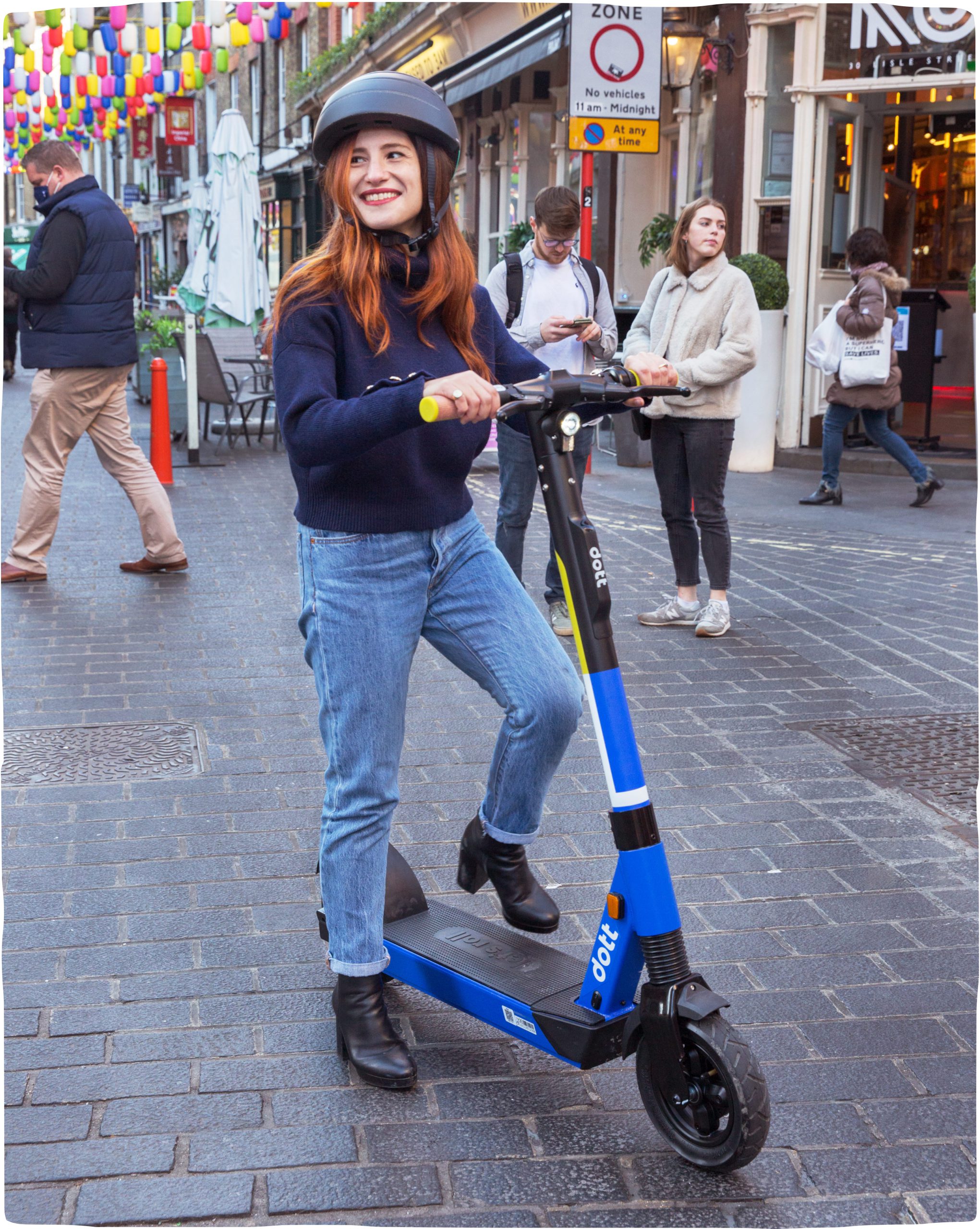
Greenhouse gas emissions must drop to net-zero by 2050. Net-zero is akin to ‘climate neutrality’ – this is when a balance is achieved between the amount of greenhouse gases coming into the atmosphere and the amount leaving. The Mayor of London, Sadiq Khan, recently committed to achieving the target of net-zero in London by 2030.
Such a goal may seem out of reach. Nevertheless, at Dott, we believe that sustainable transport will help us on the road to achieving this target. Micromobility in London
will get right to the bottom of the how’s and why’s.
The convenience and benefits of e-scooters and e-bikes partner perfectly with the spatial reach of public and personal transport.
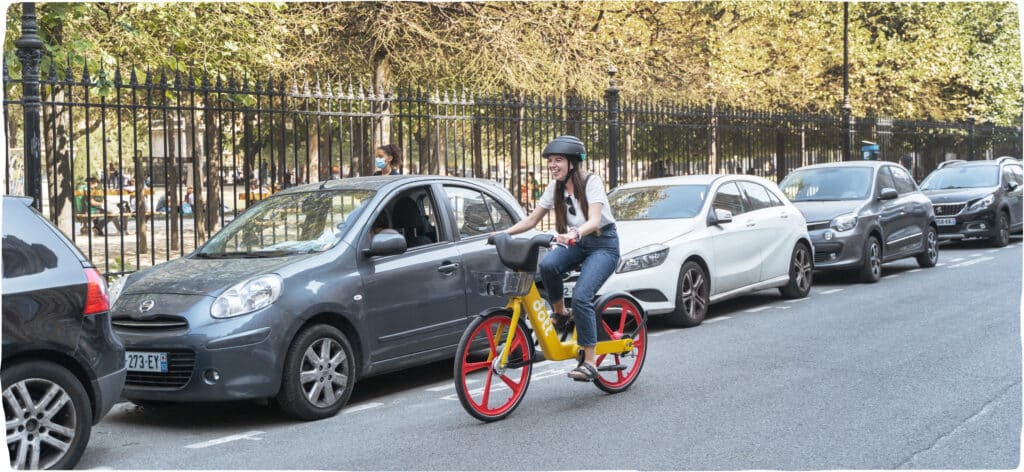
Our priorities should hone in on the improvement of congestion and pollution. The pandemic led to a reduction in the use of public transport, resulting in a rise in car usage and an urgency to seek alternative transport options.
Personal vehicles are a major cause for global warming. We cannot prevent the inevitable increases in carbon emissions and greenhouse gases caused by this. Centre for London hopes to explore the opportunities towards building greener cities, using data as the driving force. They’ll investigate how we can create safer cities with technologies such as air quality testing, scoping out dangerous riding areas to keep riders aware of the safest routes, and more. While we can’t solve the climate crisis alone, electric bikes and scooters can indeed fit into the race to decarbonize the capital’s climate.
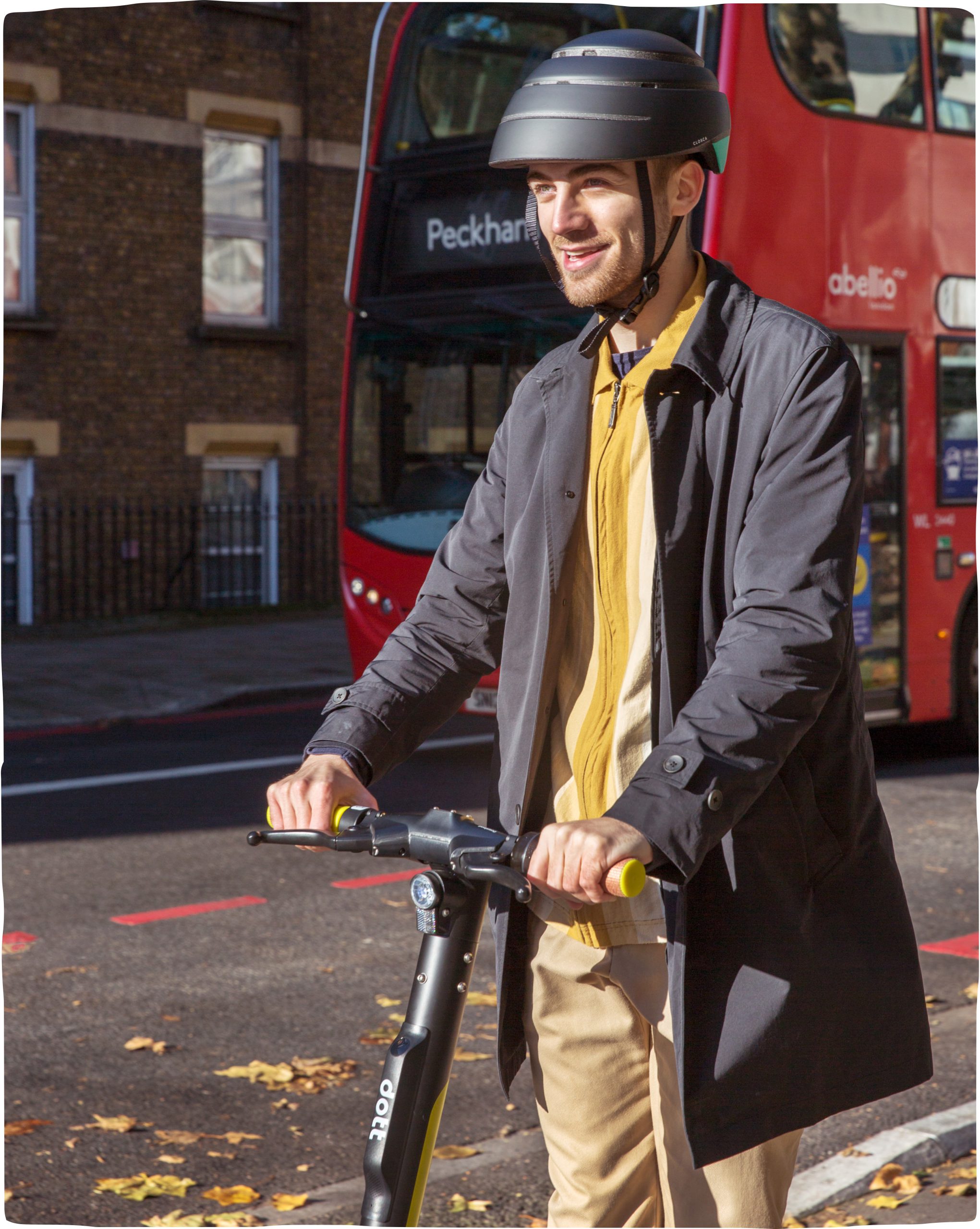
Another concept to be unpacked is how we can smoothly integrate our electric vehicles alongside London’s existing public transport infrastructure. The
convenience and benefits of e-scooters and e-bikes would partner perfectly alongside the spatial reach of public and personal transport – to be able to reap the best of both worlds would be ideal.
This integration should take everybody into account. Here is where pragmatic tools and smart technologies come in, as well proactive initiatives to connect locally like our Dott Safety Board. By collaborating with local safety groups, organizations and city ambassadors, we can guarantee that everyone who should, does get a say. With Centre for London’s insights, the Dott Safety Board hopes to continue innovating in collaboration with local transport networks.
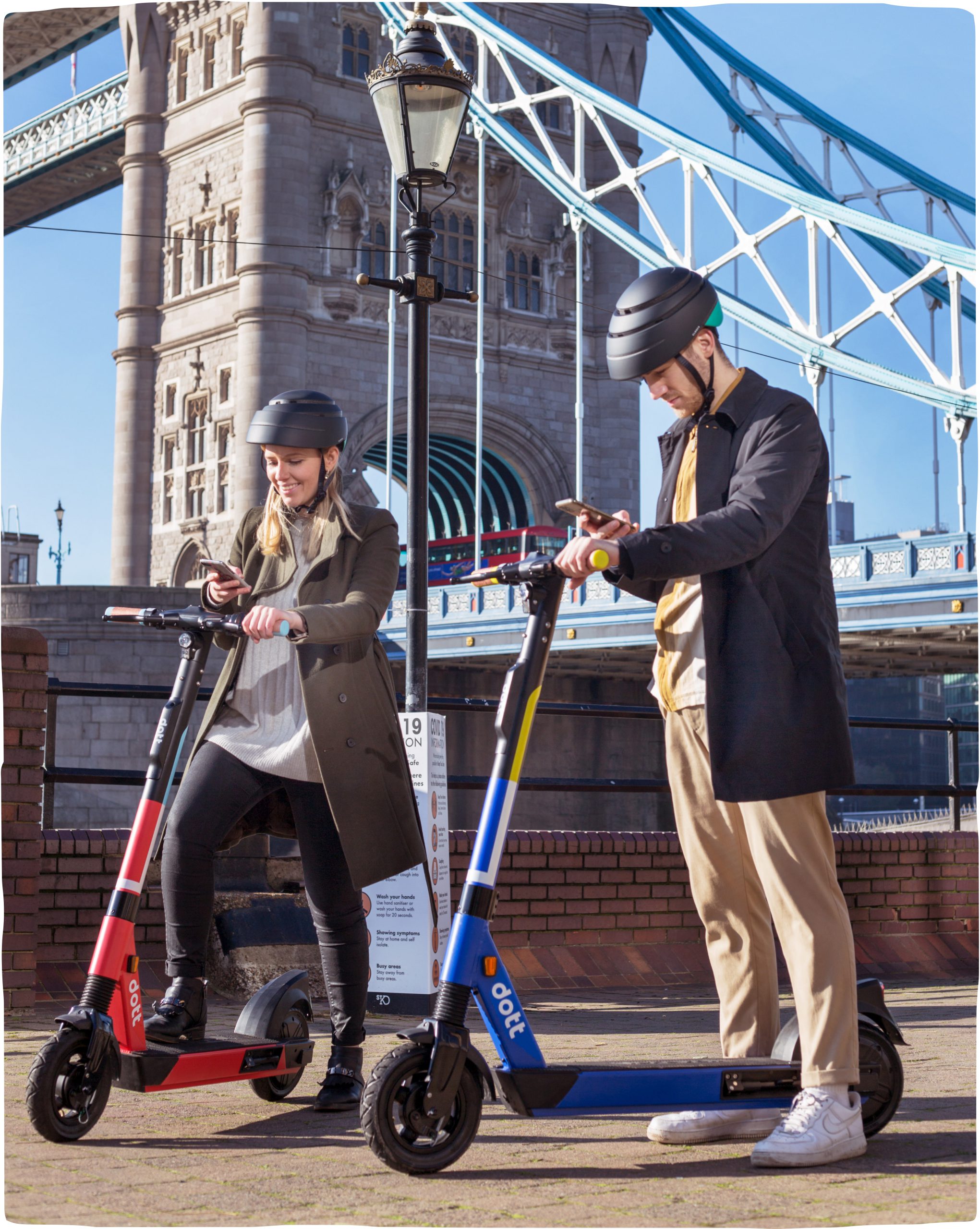
Keeping our communities and non-riders in the forefront of our minds is paramount. Micromobility must remain equitable. Transport is about
accessibility: access to jobs, family, healthcare or education to name a few. It must then surely be affordable, accessible, safe and inclusive.
Smart parking, one of our impactful initiatives, aims to do just that. With GPS and location technology, along with photo enforcement, we’re less likely to have our vehicles being parked incorrectly or blocking walkways. We also engage in efforts to improve processes, deployment and parking to meet our accessibility values – rider mindfulness education, transparent data sharing and teaming up with impacted charities to name a few. Whether on two wheels or two feet, no-one should be at risk from injuries, collisions or unsafe riding.
So, can micromobility services support and empower our communities and boroughs, and take as much care of the cities as they do the riders? Centre for London aims to tackle these key questions and more.
The experts at Centre for London share our core values at heart: safety, sustainability and community. At Dott, we are driven to help the places we call home become less polluted and congested. There’s a big journey ahead of us, but by ensuring that micromobility is set as a ‘gold standard’ for the UK’s capital city, Centre for London will propel us towards cleaner air and carbon neutrality.
By supporting Centre for London’s research project, we feel like we’re playing our part and investing in our future, together. The aim is for the final report
to be published by Autumn 2021. We’re equally as curious and excited as you are. Stay tuned!